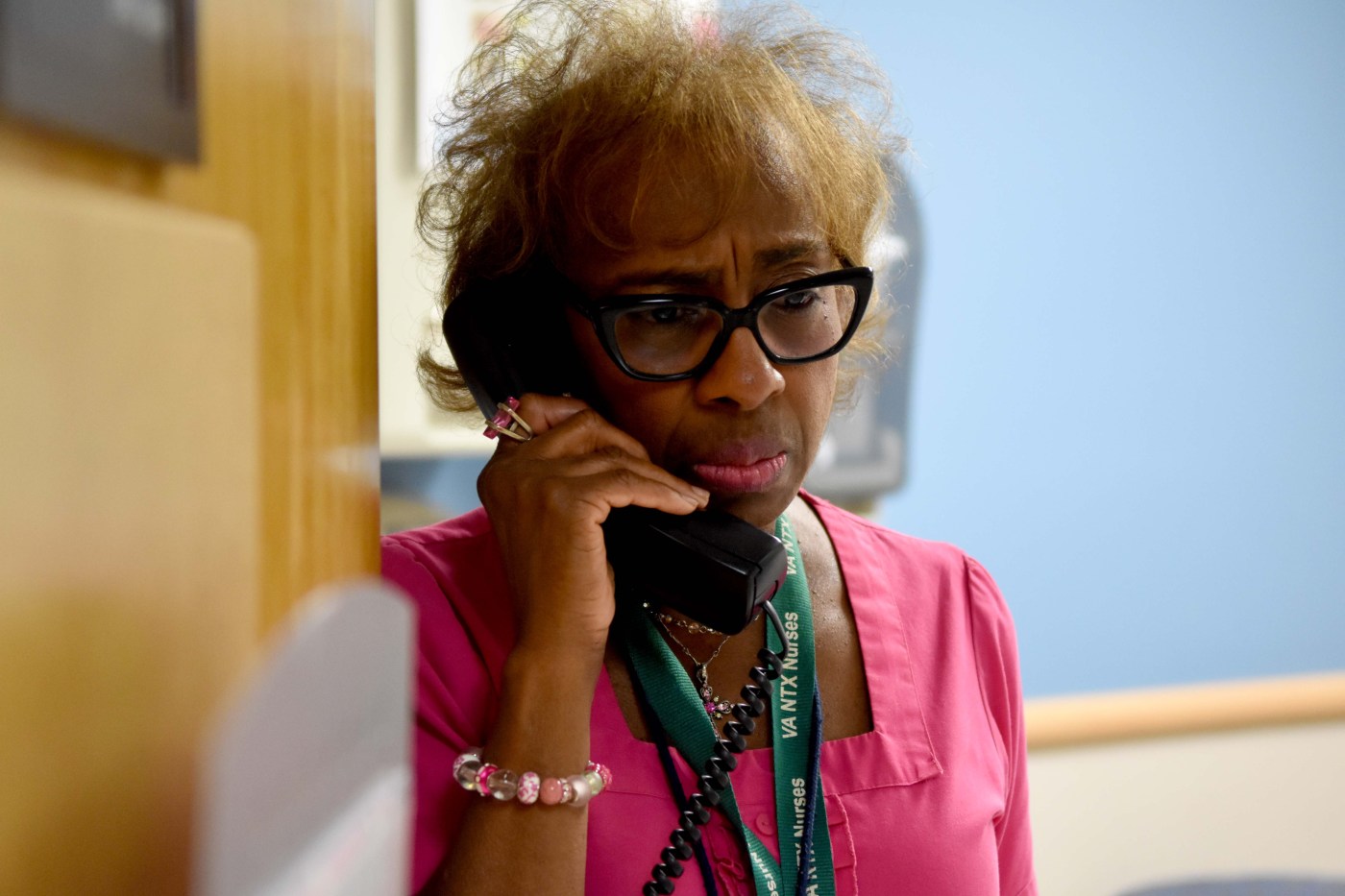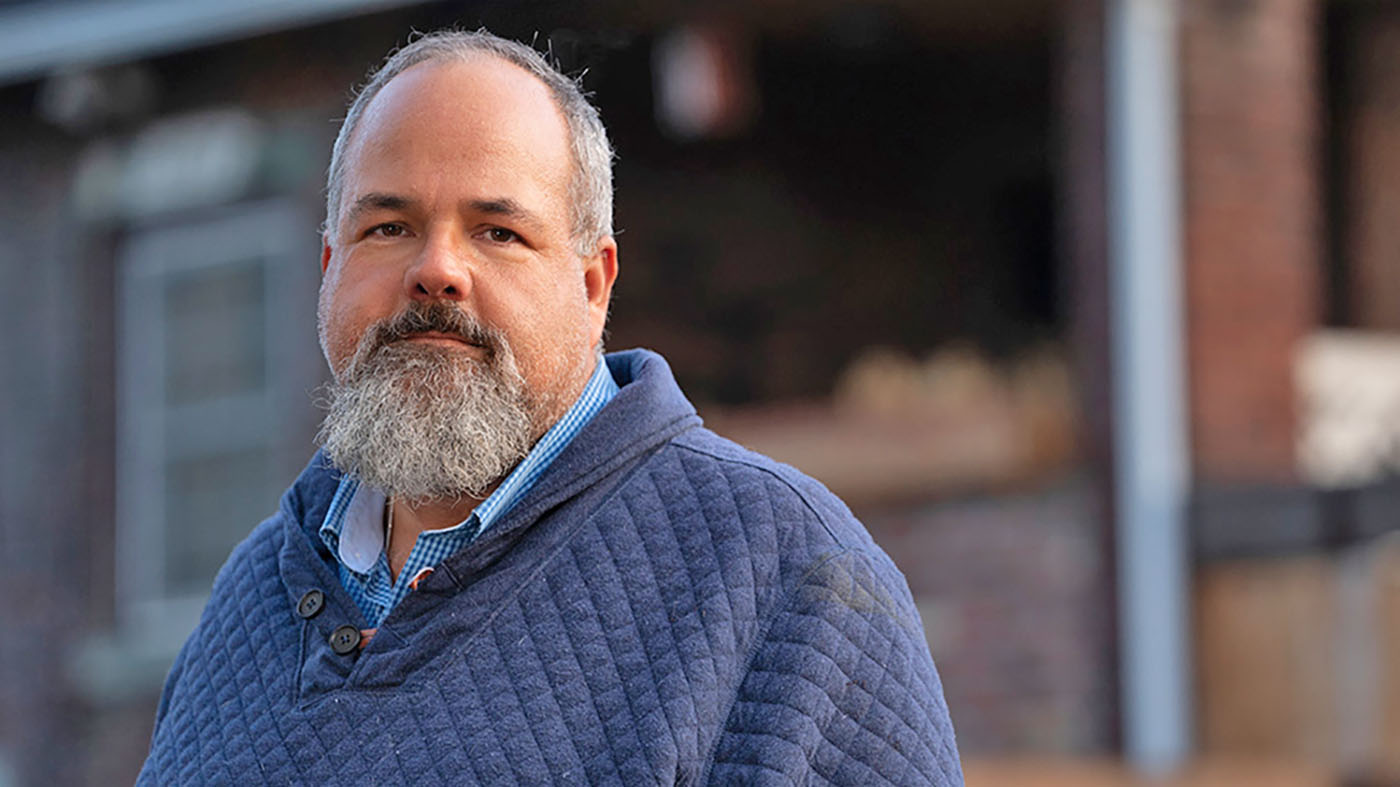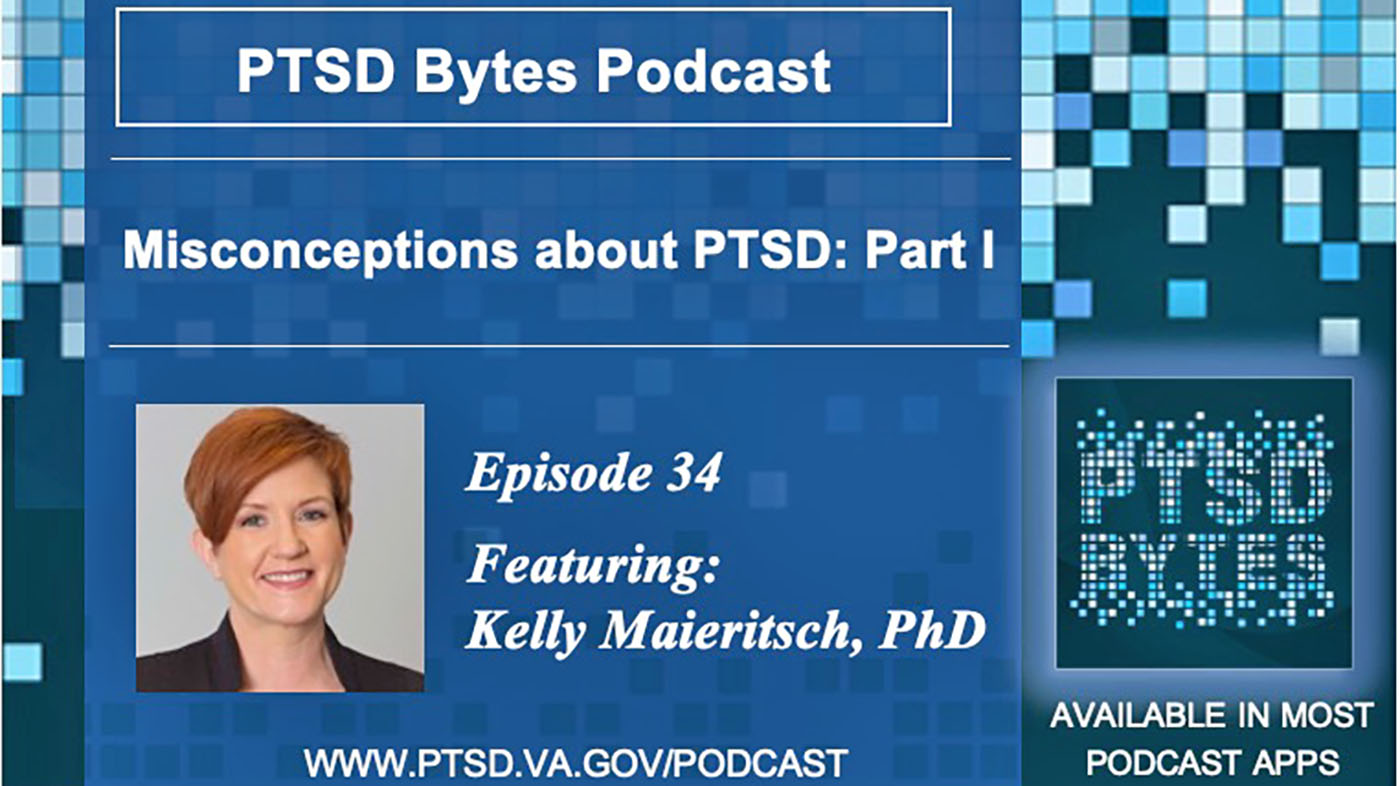The VA North Texas Health Care System’s 11 patient care locations receive thousands of phone calls each day. Nearly 6,000 employees answer these typically routine calls with a standard courteous, concise, script that answers a caller’s need.
But on occasion, these locations field a different type of call. Sometimes a call is from a Veteran in crisis, where listening and seconds can make the ultimate difference.
VA North Texas’ Nursing Education and Suicide Prevention teams train employees to take calls from suicidal Veterans and get them to skilled professionals as quickly as possible.

Patricia Batiste, VA North Texas RN, debriefs the employees after a mock suicide call training event. More than twenty members participated in the event to train VA employees to handle calls from suicidal Veterans.
To measure employee readiness, the suicide prevention teams hold suicide call simulation training.
“Today’s training is a baseline to see how our employees handle mock Veteran suicide calls and how we can educate and improve the process,” said Loida Bofetiado, VA North Texas RN and staff development specialist supervisor. “Our goal is to have all staff members trained and able to handle these calls.”
The prevention team divides participants into two-person teams. One employee plays the role of a suicidal Veteran and the other serves as an observer and coach. Then, 30 different clinical areas receive unannounced phone calls, and the prevention team evaluates employee response, dialogue, and the ability to provide a warm hand-off to a trained suicide prevention specialist.
“We really encourage the slogan that suicide prevention is everyone’s responsibility,” said Natalie Qualls, VA North Texas suicide prevention coordinator. “Doing these drills really helps solidify the steps for the staff members.”
Better than online training
Many employees used to take online training modules or read a stack of written procedures. But a simulated scenario has been more effective at training employees to successfully handle calls from Veterans in crisis.
“This was my first time getting a call like this,” said Andra Branscumb, VA North Texas Registered Nurse. “I’ve had Veterans walk-in that have been suicidal, and I was able to help them, but learning the process of how to handle this situation over the phone and how and where to transfer them was very beneficial.”
VA North Texas is home to the largest and most complex Veteran Mental Health unit in all of VA. Over 35% of the system’s 134,000 active patients receive related services. VA’s Suicide Prevention Month gives all employees an opportunity to address their ability to answer these critical calls.
“We give out resources and handouts about taking a call from suicidal Veterans, but until you actually take the call and punch the numbers on the phone and figure out how to do a transfer, it may not stick,” said Qualls.
If you are Veteran in crisis or concerned about one, call the Veteran Crisis Line at 1-800-273-8255 and Press 1 or visit https://www.veteranscrisisline.net.
Jennifer Roy is a public affairs specialist with VA North Texas Heath Care System
Topics in this story
More Stories
James A. Haley Veterans’ Hospital (JAHVH) Chief of Innovation Dr. Indra Sandal was awarded the Federal Excellence in Healthcare Management Award as part of the 29th annual Joint Federal Sector Awards.
Be ready before a suicide crisis by learning about resources that are available. You don’t have to face it alone.
In a two-part series, Dr. Colleen Becket-Davenport discusses some common myths surrounding PTSD with Dr. Kelly Maieritsch.






Wow I love the innovation
amazing
I like this
Amazing development
What a great development! Now more lives will be saved.
I love the way the future is moving.. This is an amazing development.
The development is really great and awesome…
Nice one
Makes sense
This is an amazing development. I like where the future is going